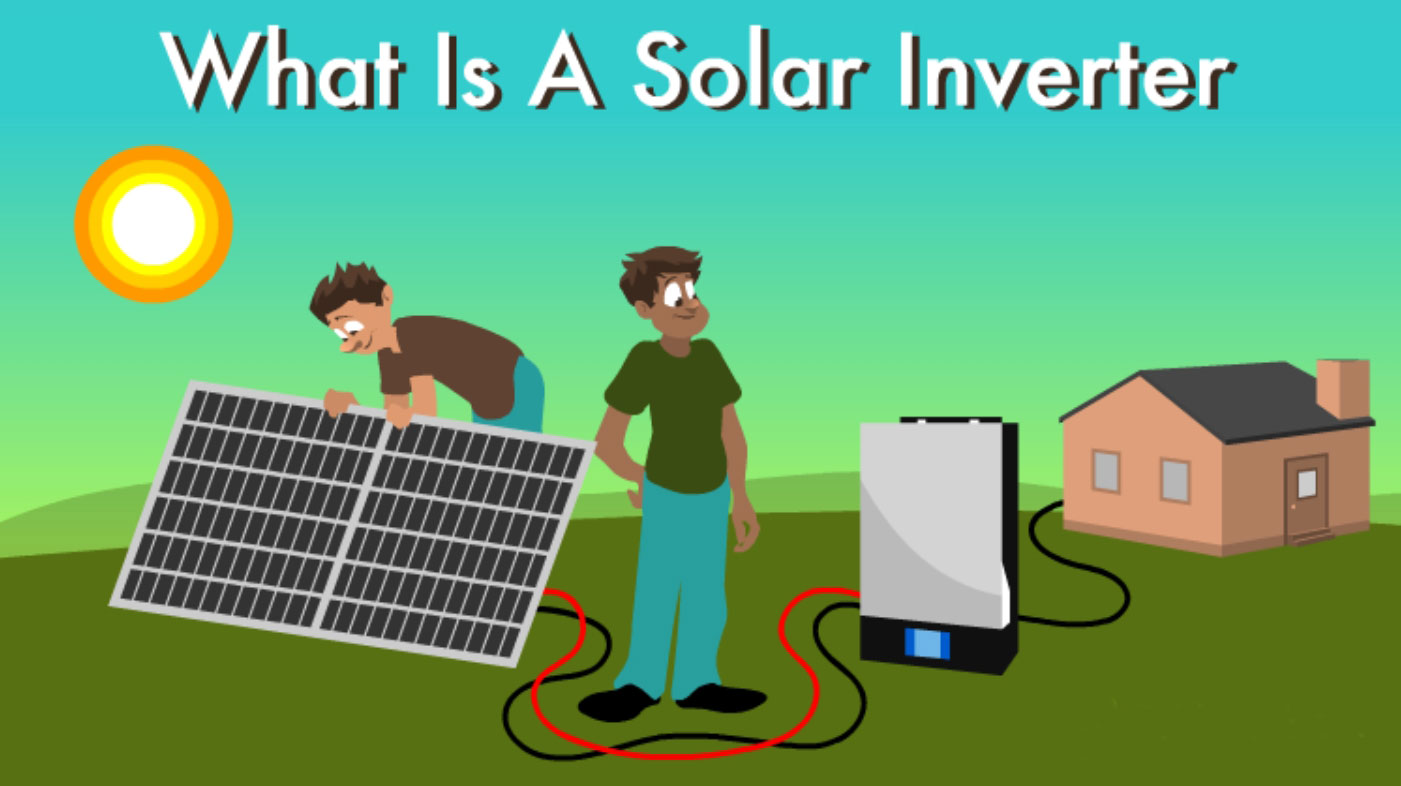
Understanding the importance of solar inverters is crucial for recognizing their role as a cornerstone of solar energy systems. Here’s why solar inverters are essential:
- DC to AC Conversion: Solar panels generate direct current (DC) electricity from sunlight. However, most homes and businesses use alternating current (AC) electricity. Solar inverters convert the DC electricity produced by solar panels into AC electricity, making it compatible with the electrical grid and usable by appliances and devices.
- Maximizing Energy Production: Solar inverters optimize energy production by employing maximum power point tracking (MPPT) algorithms. MPPT ensures that the solar panels operate at their maximum power output under varying environmental conditions, such as changes in sunlight intensity or temperature. This maximizes the energy yield of the solar energy system.
- Grid Interaction: Solar inverters enable grid interaction by synchronizing the output of solar energy with the electrical grid. Grid-tied inverters feed surplus solar electricity back into the grid, allowing homeowners to offset their electricity bills through net metering programs or receive compensation for excess energy generation.
- Energy Storage Integration: In addition to grid-tied operation, solar inverters can integrate with energy storage systems, such as batteries. Hybrid inverters manage both solar PV generation and battery storage, allowing homeowners to store surplus solar energy for later use or provide backup power during grid outages.
- System Monitoring and Control: Many solar inverters are equipped with monitoring and control features that enable homeowners to track energy production, monitor system performance, and adjust settings remotely. Real-time monitoring helps identify potential issues, optimize system operation, and ensure efficient energy management.
- Grid Stability and Resilience: Advanced solar inverters contribute to grid stability and resilience by providing grid support functions, such as voltage regulation and frequency control. Smart inverters can adjust their output to match grid requirements, mitigate voltage fluctuations, and support the integration of renewable energy into the electrical grid.
- Environmental Benefits: Solar inverters play a key role in promoting renewable energy adoption and reducing greenhouse gas emissions. By enabling the conversion of solar energy into clean electricity, solar inverters help mitigate the environmental impacts of conventional energy generation and contribute to the transition to a more sustainable energy future.
- Energy Independence: Solar inverters empower homeowners and businesses to generate their electricity from solar energy, reducing dependence on centralized power sources and utility-provided electricity. This promotes energy independence, resilience, and self-sufficiency, particularly in areas with unreliable or expensive grid power.
Solar inverters are essential components of solar energy systems, enabling the efficient conversion, integration, and utilization of solar energy. Their role in maximizing energy production, enabling grid interaction, supporting energy storage, ensuring grid stability, and promoting environmental sustainability underscores their importance in the transition to a cleaner, more resilient energy infrastructure.
